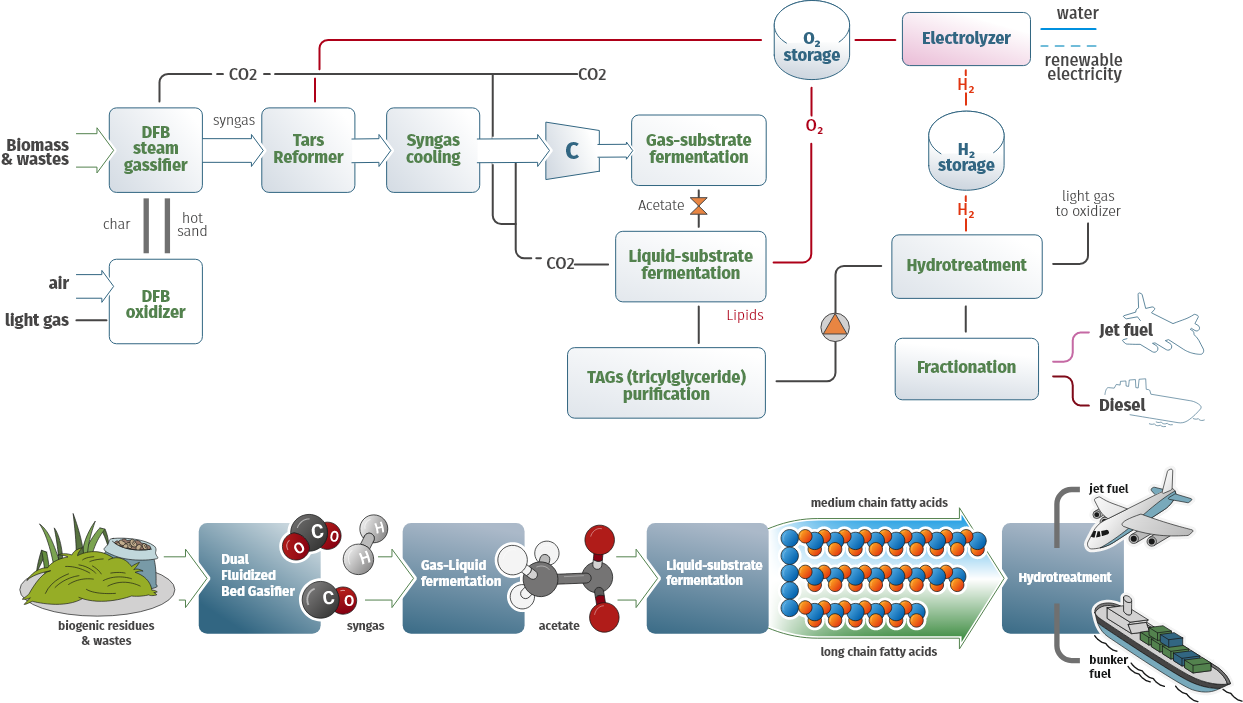Join our
newsletter
Project coordinator
Konstantinos Atsonios – atsonios@certh.gr
Centre for Research & Technology Hellas / Chemical Process & Energy Resources Institute (CERTH/CPERI)
52, Egialias str. GR-15125 Marousi, Athens, Greece
This project has received funding from the European Union’s Horizon 2020 research and innovation programme under Grant Agreement No 884208.
This document reflects only the author’s view and CINEA is not responsible for any use that may be made of the information it contains.
© 2022 All rights reserved. PI 07154400019 Privacy and Cookie Policy

